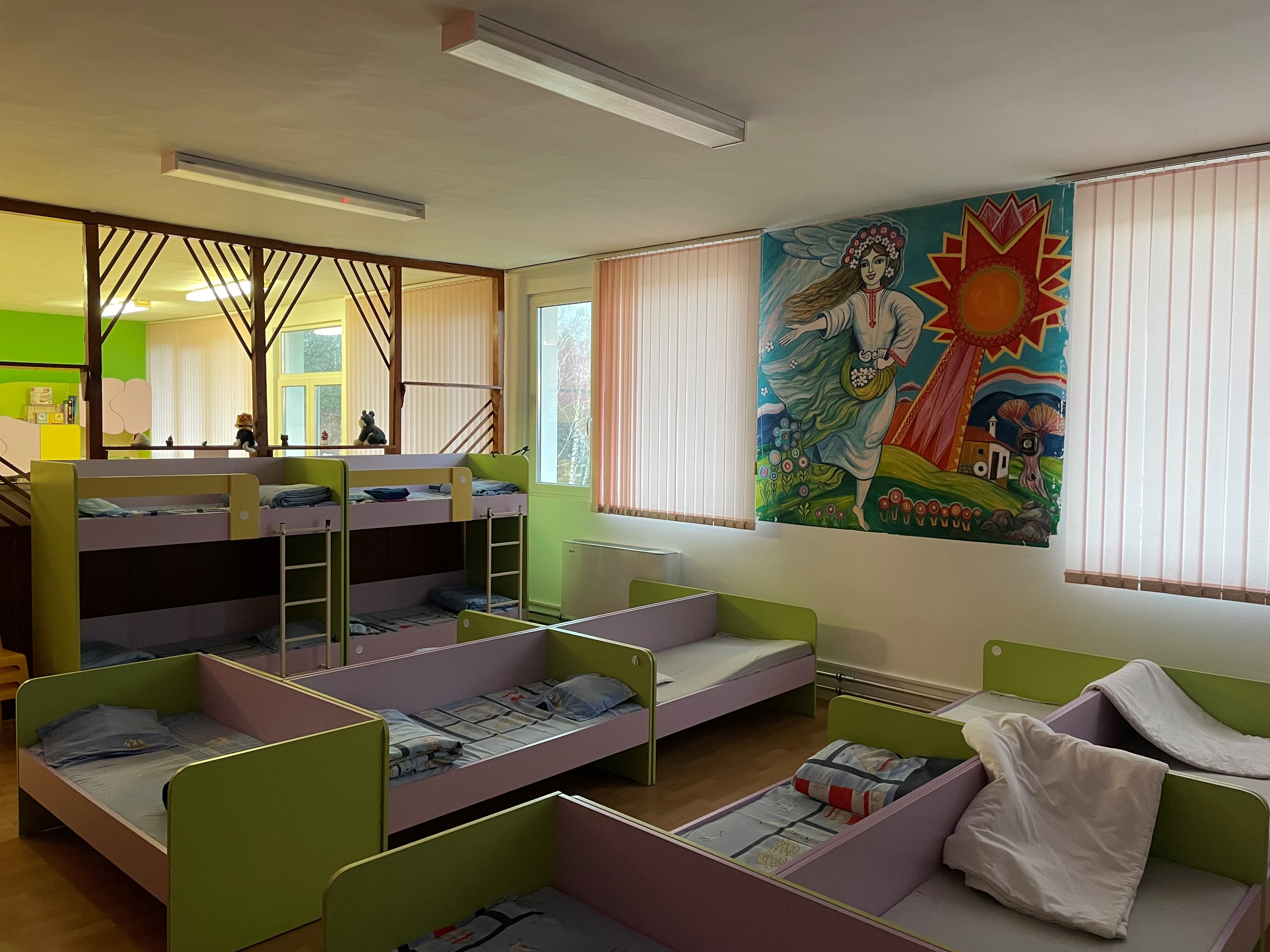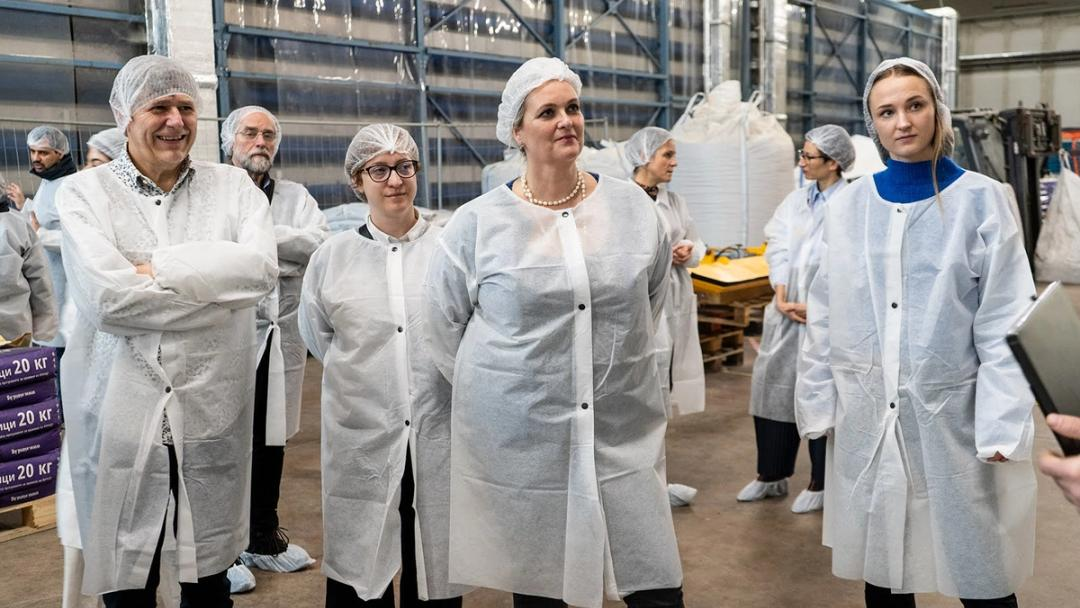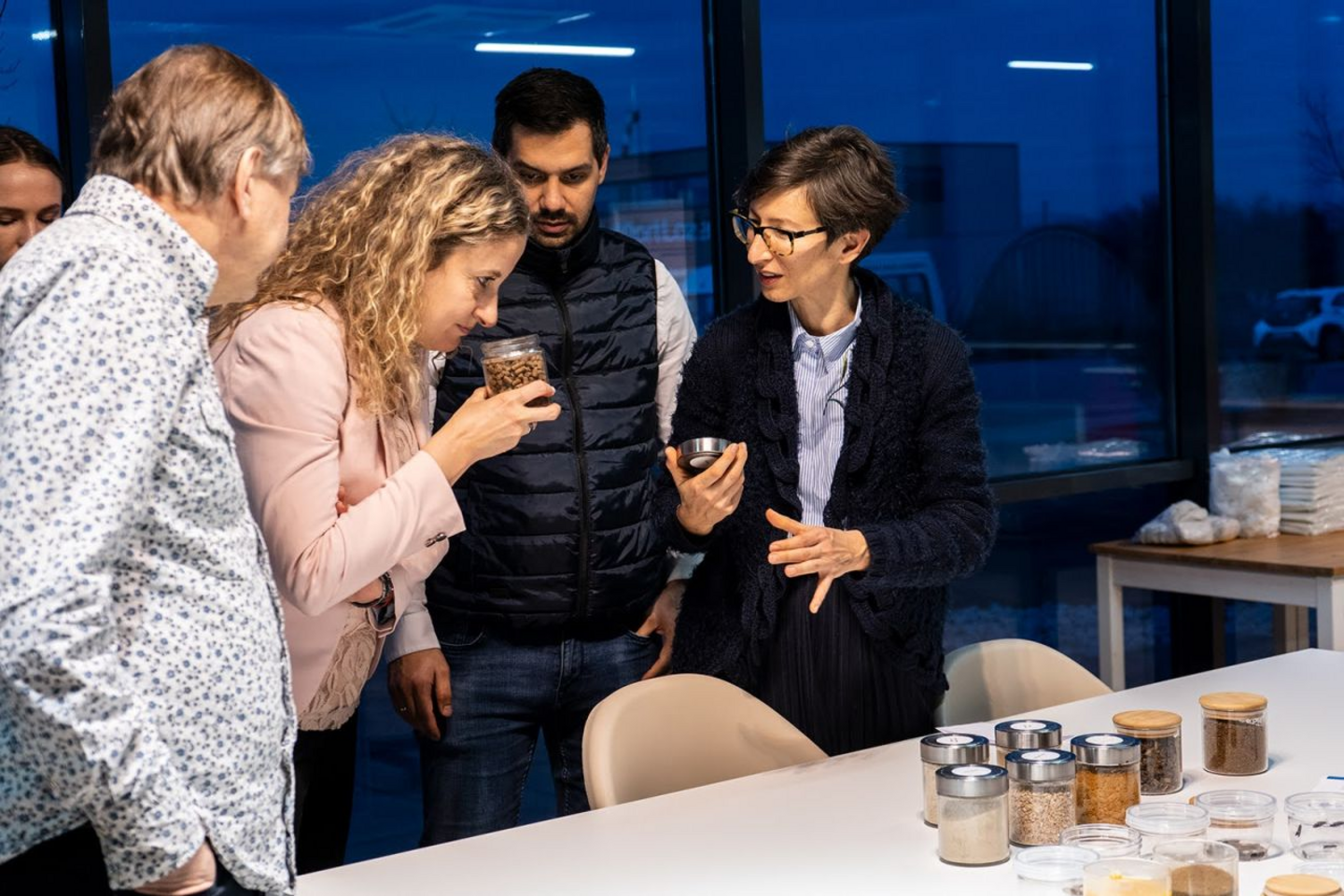The EEA and Norway Grants allocate close to €70 million in support to projects that aim to promote a cleaner environment, more renewable energy, green growth and tackling climate change in Bulgaria. The Grants reflect the objectives of the European Green Deal by investing in sustainable and innovative projects in Europe. The Green Deal aims to make Europe the first climate neutral continent, and in the budget period 2014-2021, the Grants contributed with more than €450 million in funding to relevant projects.
With the €70 million funding, Bulgaria has managed to achieve significant results when it comes to marine environment in the black sea, reducing climate gas emissions and climate education, increasing the use of clean energy sources and develop environmentally friendly services and products.
Protecting the environment in the Black Sea
The marine environment in Bulgaria, particularly in the Black Sea region, has been under pressure. However, the funding is strengthening the monitoring and safeguarding the water quality of the region. EU legislation mandates Bulgaria to maintain a good environmental status of its waters, and the support by the EEA and Norway Grant has enabled the country to enhance its ability to do this in a satisfactory manner.
The EEA and Norway Grants play a crucial role in preserving the marine environment of the Black Sea region. The latter does not receive any national or EU-funding. Therefore, the Grants are not only important for Bulgaria but also for other countries in the region. Sylvia Rangelova, Director of the EU Affairs and International Cooperation Department at the Ministry of Environment and Water in Sofia
Improving the marine environment of the Black Sea is part of the 13 million euro Environment programme in Bulgaria that also fund projects related to climate mitigation, educational initiatives, circular economy and valuation of nature.
Reducing emission and increasing use of clean energy resources
The Norwegian and Icelandic Delegation had the privilege of visiting six inspiring projects under the three programmes where all showcased the achieved results. The Delegation’s first stop was in Bobov Dol Municipality, located in the southwestern region where the municipality has implemented an innovative project under the Environment Programme that includes a system for producing a hydrogen-oxygen mixture through electrolysis of water.

The initiative demonstrates how the Grants enable a fair and inclusive shift to a greener economy in areas that are vulnerable to the closure of the coal and mining industries. The overall goal of the project is to reduce greenhouse gas emissions and adapt to and mitigate climate change.
“Our grandfathers used the state-of-the-art technology of their time, which was coal heating. We have to use the state-of-the-art technology of today to make our local communities green and prosper,” said the Deputy Mayor of Pernik Municipality, Stefan Krastev, underlining the importance of transitioning away from coal and developing new technologies to make local communities green and prosperous.

The municipality of Blagoevgrad can be used as an illustrative example of how the funds are being utilized within the country. Here, a project under the environment programme has installed solar panels on 18 kindergartens and three social institutions across the country, resulting in an estimated energy savings of 150,000 kWh per year. This initiative is expected to have a positive impact on the environment by reducing carbon emissions and promoting the use of renewable energy sources.
The project’s focus on kindergartens and social institutions is expected to have an impact on the educational activities of around 1,000 children and the working environment of nearly 200 staff. The emphasis on kindergartens and social institutions will help improve the quality of education and the well-being of the staff in the Municipality of Blagoevgrad.
Furthermore, under the Energy programme, the EEA and Norway grants have funded the installation of geothermal energy in Bulgaria. This has had a direct and positive impact on the country’s energy sector. Parts of the total programme budget of €28 million, the has boosted this development through projects for geothermal heating and energy efficiency, bringing public buildings close to zero energy consumption.
Experiences with the EEA and Norway Grants have been key for green transformation in the municipalities of Bulgaria and we are replicating it with other sources of funding. Iva Petrova, Deputy Minister at the Ministry of Energy of the Republic of Bulgaria

Sustainable protein production
The Delegation also visited Nasekomo, a start-up under the Innovation Programme that aims to develop, scale up, and automate a pilot production centre for sustainable insect protein used as a supplement in animal feed where Innovation Norway is the Fund Operator.
By developing innovative solutions and promoting green businesses, the projects are shaping a greener future – not just in Bulgaria but for the rest of Europe too. Rannveig Solumsmoen Gimse, Programme Director for Bulgaria and Romania at Innovation Norway
With the support of the EEA and Norway Grants, Nasekomo has developed a series of technologies that optimize the production of sustainable and environmentally friendly insect proteins at an industrial scale. If successful, the start-up has the potential to reduce CO2 emissions, the pressure on fish stock by producing new protein sources to grow fish and the transport emissions by producing and consuming locally feed for animals.

“Innovation Norway has operated business programmes since 2007, and we now see results from the 99 projects supported by the third programme on Business Innovation showcase our long-standing commitment to sustainability, competitiveness and growth in Bulgaria. By developing innovative solutions and promoting green businesses, the projects are shaping a greener future – not just in Bulgaria but for the rest of Europe too,” said Rannveig Solumsmoen Gimse from Innovation Norway in Bulgaria
Find out more about the EEA and Norway Grants in Bulgaria here.
